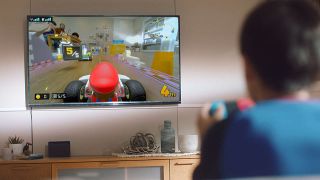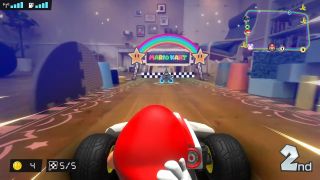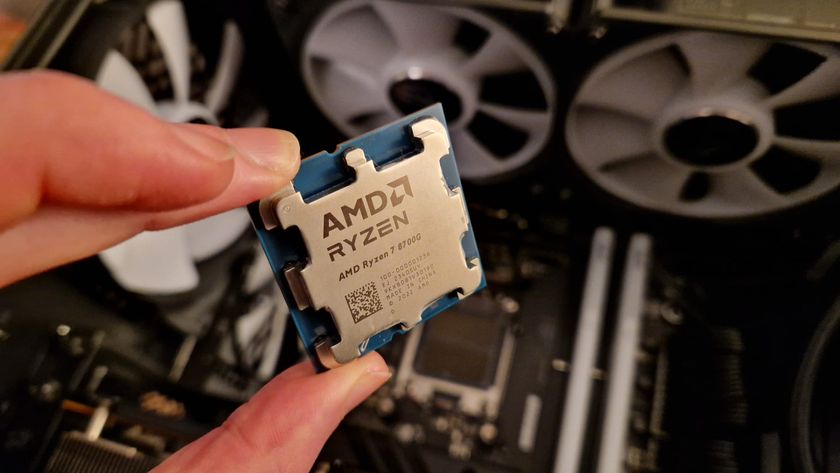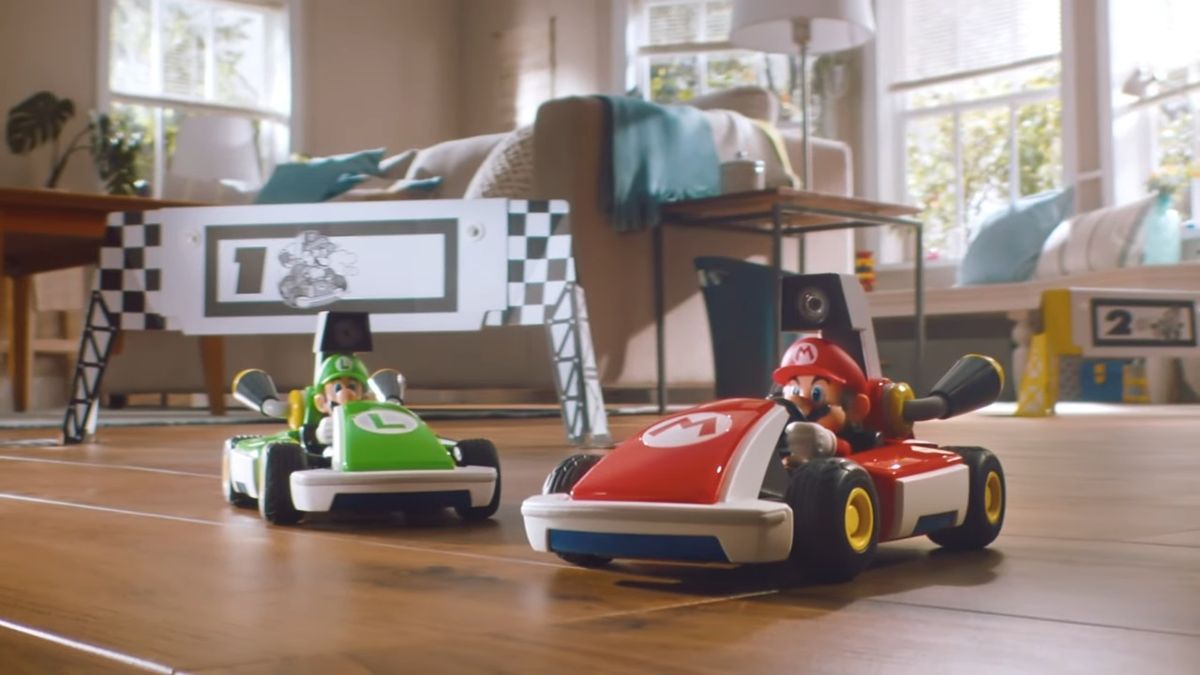12DOVE Verdict
Mario Kart Live: Home Circuit brings back that sense of wonder we all felt when we cracked open our first video game and realised there was another world behind the screen. Only now that other world is in our living rooms.
Pros
- +
Bags of content
- +
Great price point
- +
Endless replayability
Cons
- -
AI sometimes doesn't play by the rules
- -
Multiplayer will cost you
Why you can trust 12DOVE
They finally did it. Mario Kart Live: Home Circuit is everything we hoped it could be, with a few caveats, and it's easy to wonder why it hadn't been done sooner. However, a close look at AR toys at this price point (and higher) over the last few years shows us exactly why this level of stability and the sheer number of components within this virtual world has only recently been possible. It's a slightly jagged step forwards for cheaper augmented reality play, then, but one that has earned its rare failings with some considerable horsepower in the overall experience.

Features
Even though this is arguably a spin-off from the main Mario Kart series, you're still getting the full experience in here, with a series of 8 cups (and a random course generator), each offering three courses. Race or do time trials to gather coins and unlock more kart skins, costumes, themes, sounds, and race speeds.
To begin a race, you'll first need to arrange your four gates and drive the course. This is then painted onto your map and you're ready to start karting. It's a simple system that works well enough for its quick play purposes. You'll find the drawn out course sometimes begins to shift slightly in its AR in-race rendering, sometimes skipping gates altogether, and leaving AI opponents flying into the lead while you dutifully navigate that hairpin turn you (for some reason) decided to put in.
This only really becomes a problem in race mode, but there are other game modes that see less of this issue. Pass and play time trials, however, are the best way to play Mario Kart Live: Home Tour. It's probably the best way to get close to multiplayer right now (considering you need two $100 carts to play and finding stock will be a challenge for some).

Design
Mario Kart Live: Home Circuit comes in two iterations, a red Mario car and a green Luigi one. These differences have little in-game effect other than your onscreen character, and both cars feature an overhead camera, USB-C charging port, and a small 'ignition' button.
Alongside your chosen car you'll also find four cardboard gates and two directional arrows. If you've been scarred by Nintendo Labo projects in the past, there's little to fear here. Setup is super easy, with the legs of each gate folding in and out for quick placement and even quicker tidying away (a bonus if the thought of gathering everything back up again is enough to keep your new toy in its box).
The cardboard never felt flimsy, and while you'll need to weigh down the feet of each gate with a few books, it all feels like part of the creative fun. In fact, everything feels surprisingly well produced, and survives plenty of adventures in and out of its packaging.
The game itself uses the AR signatures on the gates to render individual level themes, enemies, powerups, and obstacles - all done largely through colored overlays and decor over each gate. These decorative overlays sometimes offer up convincing game world experiences, but other times they can just feel superfluous to the game itself.

Performance
There are a few performance hiccups that keep Mario Kart Live: Home Circuit from being mind blowing. As it stands it's incredibly impressive, but every now and then the unavoidable but magic circle-breaking limitations of real life come into play.
The fact that AI opponents aren't affected by the same physical limitations your own kart might face, for example, can become a chief source of frustration. This ranges from gliding through physical obstacles to straight up ignoring the track you've painstakingly set out as it shifts through play.
There's no easy answer to these issues, though AR is developing to the point where AI components can read and respond to changes in elevation or physical obstacles in their path, that's a bit of an ask for a $100 Nintendo Switch peripheral. As it stands, the AI is intuitive enough to make gameplay fun and exciting, while still remaining fallible enough to be beaten.
There's a reason, however, that much of Nintendo's marketing has been on hardwood flooring with plenty of light. Moving between a fairly short pile carpet and springy wooden floor makes the world of difference. There's a slight shake in the camera feed of the former that, while not immediately recognisable, does offer up a far less smooth experience overall. Similarly, a slightly darker room will lower your video quality considerably here.

Overall - should you buy it?
From firing up the ignition on your kart, to designing your first course, to that first glimpse into your Mario Kart-ified living room, there's no doubt that Mario Kart Live: Home Circuit is a magical experience. It's sure to provide hours of fun, whether you're a newbie to the series or a long time veteran. Everything works like you know it should, and there's an almost infinite capacity for creativity here. Considering Nintendo has managed to pack some good quality AR (that's not without its flaws, sure) into such a low price tag is certainly reason enough to pick this up.

Managing Editor of Hardware at 12DOVE, I originally landed in hardware at our sister site TechRadar before moving over to GamesRadar. In between, I've written for Tom’s Guide, Wireframe, The Indie Game Website and That Video Game Blog, covering everything from the PS5 launch to the Apple Pencil. Now, i'm focused on Nintendo Switch, gaming laptops (and the keyboards, headsets and mice that come with them), PS5, and trying to find the perfect projector.

AMD Ryzen 7 8700G review: “There's some really decent performance to have here without spending extra money on a 3D V-Cache option."

Doomsday: Last Survivors' crossover with Pacific Rim is proof that every single game should add mechs

The Resident Evil deathmatch game that flopped is going offline as Capcom says it's "served its original, celebratory purpose admirably"
